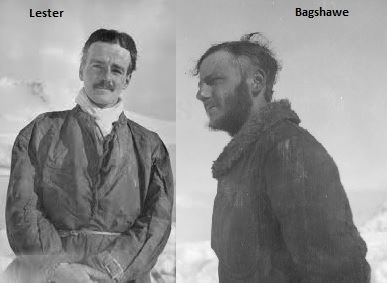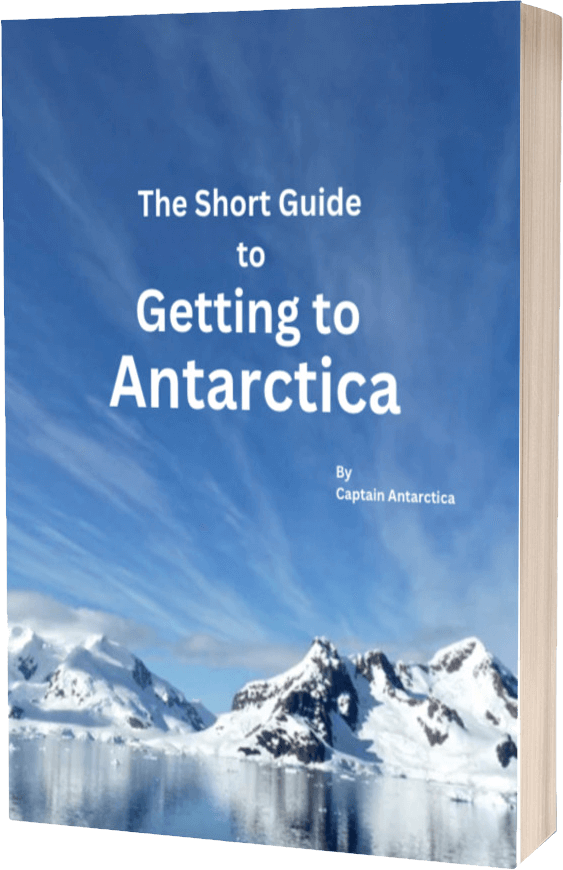
Those crazy Antarctic expeditioners
It was conceived in 1920 as a grandiose expedition of 50 members to be called the British Imperial Expedition and even included the great Australian explorer Sir Hubert Wilkins. It would eventually consist of four members and finally only two.
Led by John Lachlan Cope, it was pretty much doomed from the start and Sir Hubert became fed up and left it relatively early on, along with Cope. The other two remaining members, Maxime Lester (a 22 years old surveyor) and Thomas Bagshawe (a 19 year old geologist) would end up overwintering in Antarctica for a year with inadequate equipment and supplies.
They didn’t even have their own boat and had to rely on a whaling ship to drop them off.
They were landed at Paradise Bay, where luckily, they found an old whaler’s boat which they turned into a shelter with the addition of some packing cases.
They named the site Waterboat Point. Their food was limited to biscuits, baked beans, pemmican (dried meat mixed with fat)in tins, some alcohol and crème de menthe sweets. They supplemented this with seal meat and managed to stay relatively healthy.
Because they were poorly equipped for travel they could only make short trips by sled, ski and snowshoe. But during their year there, even with their limited scientific equipment, much of it makeshift, they managed to record observations of whales, seals, penguins and birds, take meteorological readings every two to four hours and a complete weather record, as well as glacier movements and the ice state on sea and land.
The organiser of the expedition, Cope, intended to return south with a ship the following year to pick up Lester and Bagshawe and continue his expedition but he didn’t find a suitable ship and did not return.
Luckily Captain Anderson, the whaling captain who had dropped them in Antarctica, did return and removed them, although it almost didn’t happen due to difficulties in selling his whale oil cargo.
The thing that kept Bagshawe and Lester alive and stopped them from going crazy was their sense of humour. In spite of arguments, terrible weather, and sub-standard equipment they were able to laugh at their misfortunes.
Later in life Bagshawe curated a number of museums and was made High Sheriff of Bedford in 1949 while Lester rejoined the Merchant Navy and later returned to Antarctica on the Discovery Expedition of 1926-27.

